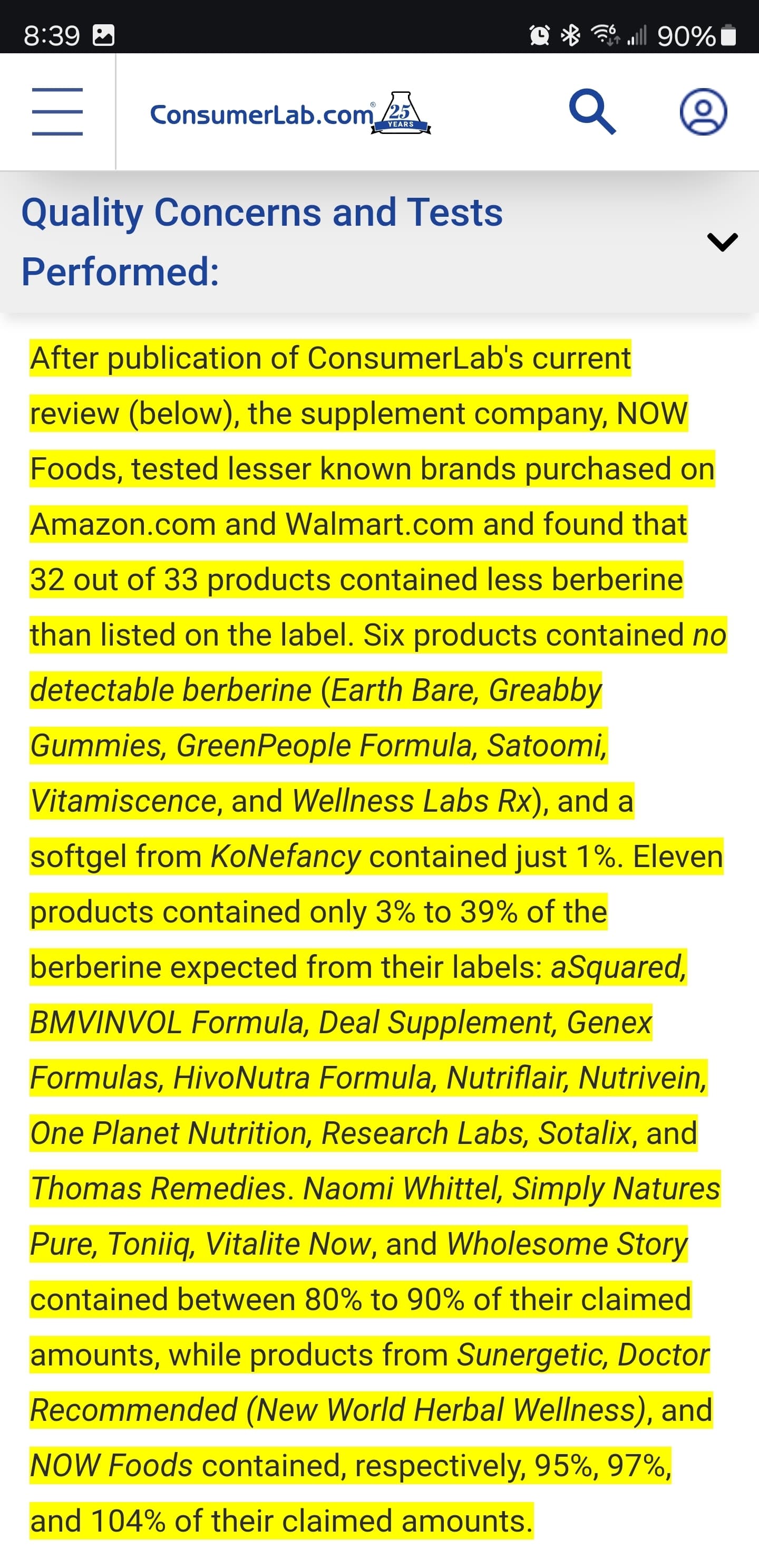There are two ways to look at the supplement vs. drug evaluation;
- from the manufacturing standpoint, and
- from the research/clinical study & validation perspective.
Supplements have a the GMP requirement (good manufacturing practices), but in reality no regulating body (e.g. FDA) checks on this for any supplement company, so there really are no quality standards for supplements that are rigorously enforced. This is why you get the common suituation where supplements tested that are from Amazon frequently have none of the active ingredient, and may have other un-labeled ingredients. People will argue that the leading supplement companies seem to do a pretty good job at ingredient quality & manufacturing and that may be true, but its still not close to what a FDA-monitored drug company goes through in terms of quality control and record keeping.
The FDA tightly regulates the manufacturing process and reports for drugs (at least in the USA, much less so for foreign Pharma, as is outlined in this book: Book Exposes How Some Generic Drugmakers Ignored Safety And Committed Fraud : NPR
And, about 65% of US drugs come from India or China. Generally the generic drugs imported into the US seem to be reasonably good, but quality doesn’t seem to be as high as US and Europe manufactured. Geographic concentration of pharmaceutical manufacturing: USP Medicine Supply Map analysis | Quality Matters | U.S. Pharmacopeia Blog
On the research / clinical study side, there isn’t much research done by the supplement companies in part because there is no patent protection and lower margins for supplements. The research that is done on supplements is generally done by academic institutions, and they don’t do any clinical studies. All in all the supplement research is pretty minimal, but it is done by independent third parties who don’t have a financial stake in the outcome, which is always nice.
The Pharma companies do the best human clinical studies but they are incentivized to overstate the benefits, minimize the side effects, and they work to “financially incentivize” the doctors and other healthcare workers to push their products (though the rules around Pharma salespeople have gotten better over the past decade from what I can tell).
In total, the way I look at the two segments is that the manufacturing of medications by the largest Pharma (US, Europe and India manufacturers) on average seems much more likely to be a safe and effective medication, than is a supplement from a similar set of larger US/Europe/India supplement companies.
On the research side, there is a lot of independent academic research (broadly speaking) on both supplements and medications, but I would argue that the data is much better on the drugs being sold, than on the supplements.
And, while clinical trials done by large Pharma have their problems, there generally are not many comparable human types of human clinical trials with supplements. So, again, medications (in my view) are also much better on the research/clinical trial side of the ledger.
I have lots of issues with how Big Pharma operate, but manufacturing quality is not generally one of them.

